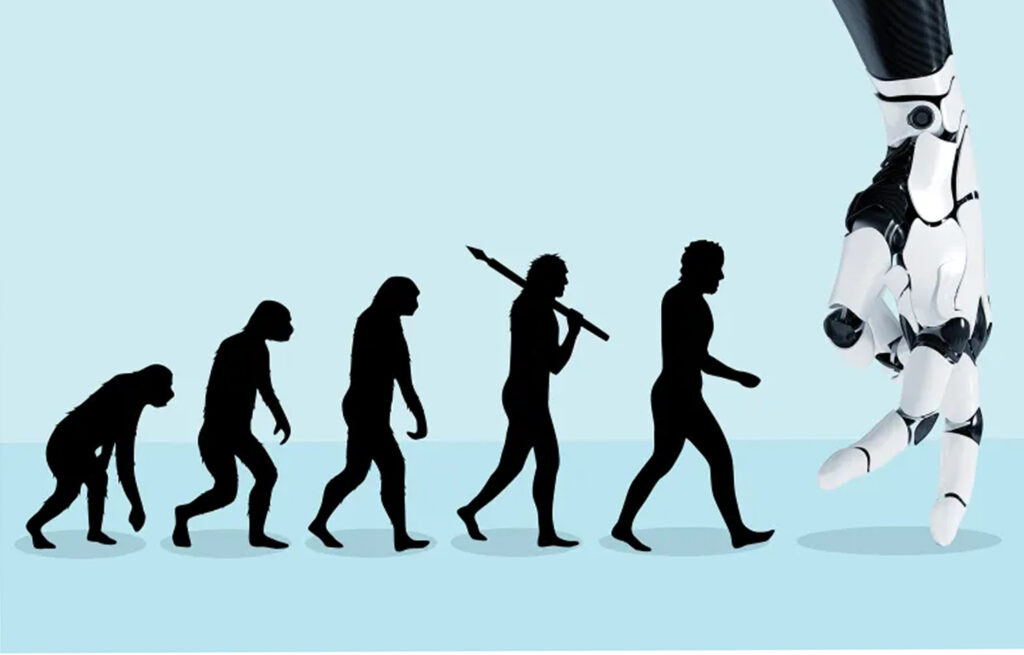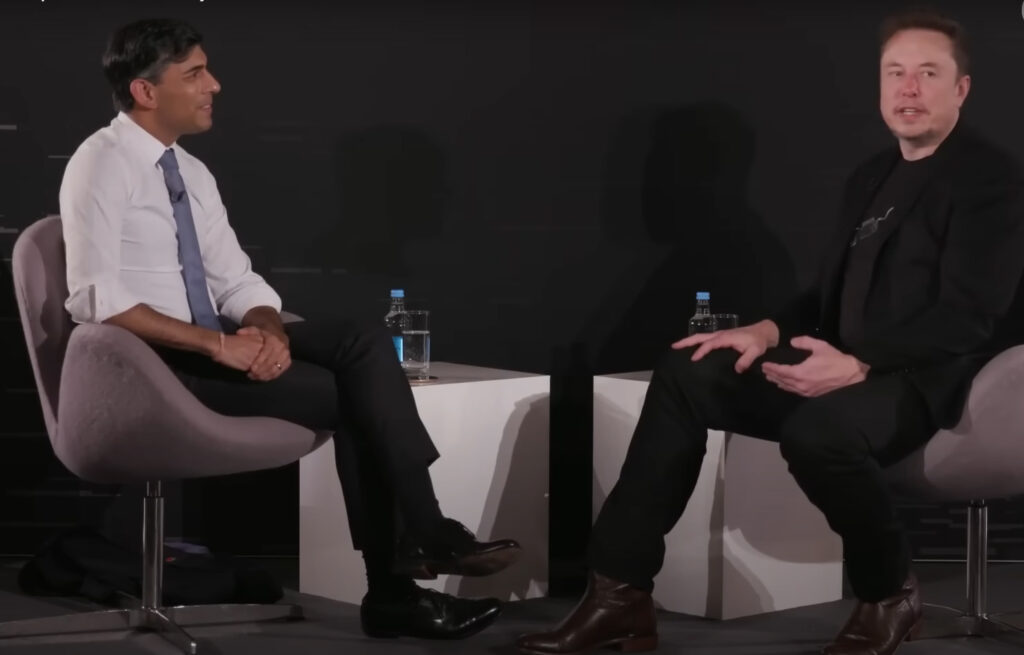AI and the Impact on Careers
9th November 23
 The subject of AI and its impact on the future of work has been debated for some time, however, the AI Safety Summit, hosted by the United Kingdom at Bletchley Park, Buckinghamshire on November 1st and 2nd 2023 further cemented the topic in the public consciousness. The purpose of the event was to consider the risks of AI, especially at the frontier of development and to discuss how they can be mitigated through internationally coordinated action.
The subject of AI and its impact on the future of work has been debated for some time, however, the AI Safety Summit, hosted by the United Kingdom at Bletchley Park, Buckinghamshire on November 1st and 2nd 2023 further cemented the topic in the public consciousness. The purpose of the event was to consider the risks of AI, especially at the frontier of development and to discuss how they can be mitigated through internationally coordinated action.
The Summit was further enhanced by the presence of Elon Musk, Founder of Tesla and SpaceX, who was interviewed by our very own Prime Minister, Rishi Sunak MP in front of invited guests from the tech industry in central London’s Lancaster House.

Tech investor and inventor, Mr Elon Musk has invested into AI firms and has employed the technology in his driverless Tesla cars – but he’s also on the record about his fears it could threaten society and human existence itself.
“There is a safety concern, especially with humanoid robots – at least a car can’t chase you into a building or up a tree,” he told the audience.
The UK government takes a rather different stance, aiming to:
• Invest and plan for the long term needs of the AI ecosystem to continue UK leadership as a science and AI Superpower.
• Support the transition to an AI-enabled economy, capturing the benefits of innovation in the UK, and ensuring AI benefits all sectors and regions.
• Ensure the UK gets the governance of AI technologies right to encourage innovation, investment, and protect the public and our fundamental values.
The UK government has identified AI as one of five critical technologies and notes that regulation plays an important role in creating an environment for AI to flourish.
Through this new approach to AI regulation, the government will help the UK harness the opportunities and benefits that AI technologies present. The governmental stance is that this will drive growth and prosperity by boosting innovation and investment and building public trust in AI. It also has the potential to strengthen the UK’s position as a global leader in AI, by ensuring the UK is the best place to develop and use AI technologies.
DLD College London is supporting students in many different ways to equip them with the skills and knowledge to apply to the future workplace. Our careers in the curriculum programmes address this topic, allowing students to reflect on how job roles and functions will evolve in the future and how students can best prepare themselves for the emergence of AI and other technologies. Speakers representing futuristic sectors, including AI have helped to provide students with insights into how the workplace might evolve over the next generation. Our forthcoming Options Event gives our Year 11 students the opportunity to link subject choices to careers and plan early around subject combinations which will allow them to benefit from technological advances. Our ‘Careers In…’ series provides students with practical insights into a wide range of careers, many of which will continue long into the future by taking advantage of the benefits of AI, rather than being challenged or replaced by such technologies.
Our focus on soft skills development including communication and team building skills embedded into our programmes also stresses the importance of interpersonal development. These skills, which are unique to each student and difficult to replicate differentiate humans from AI most notably in their ability to interact, communicate, team build and innovate.
By accepting AI and its opportunities, industries have the opportunity to reinvent themselves and position themselves for the evolution in employment markets over the next generation. It is our responsibility as educators to understand this workplace revolution and equip our students with the skills and knowledge to navigate the workplace of the future.
Paul Schoonenberg, Head of Careers



